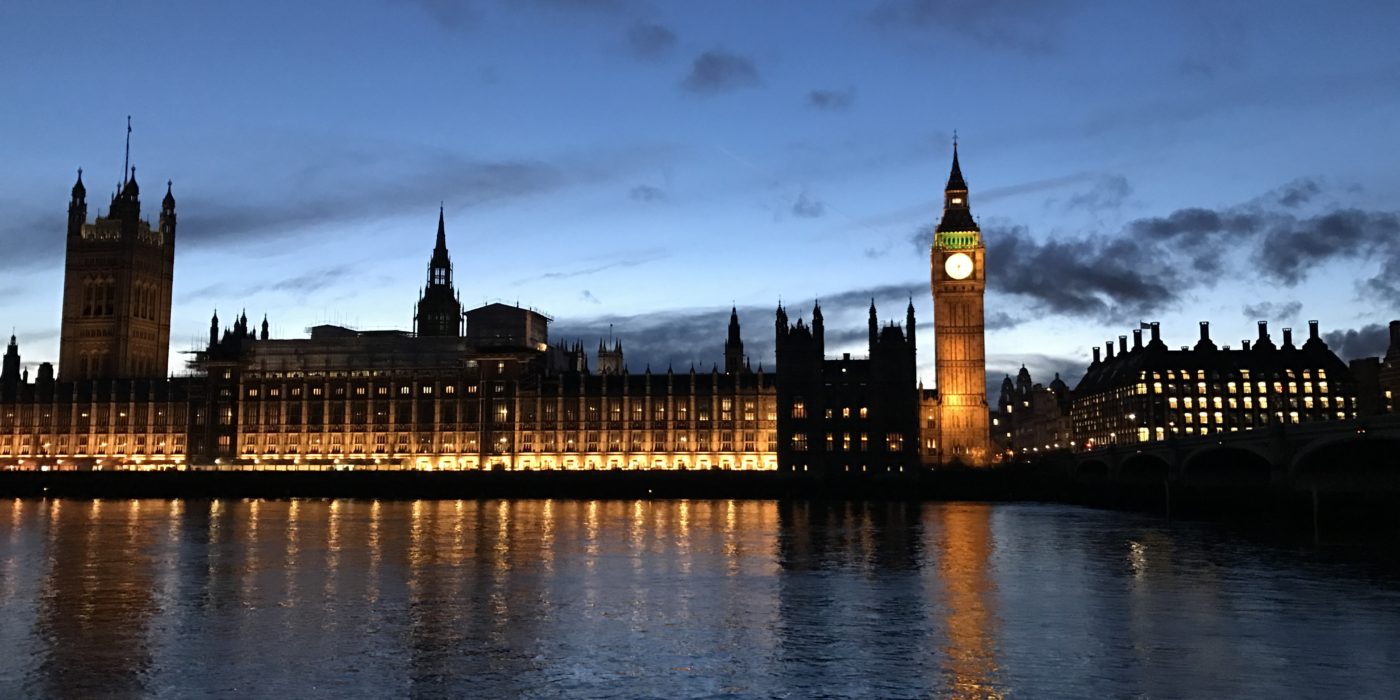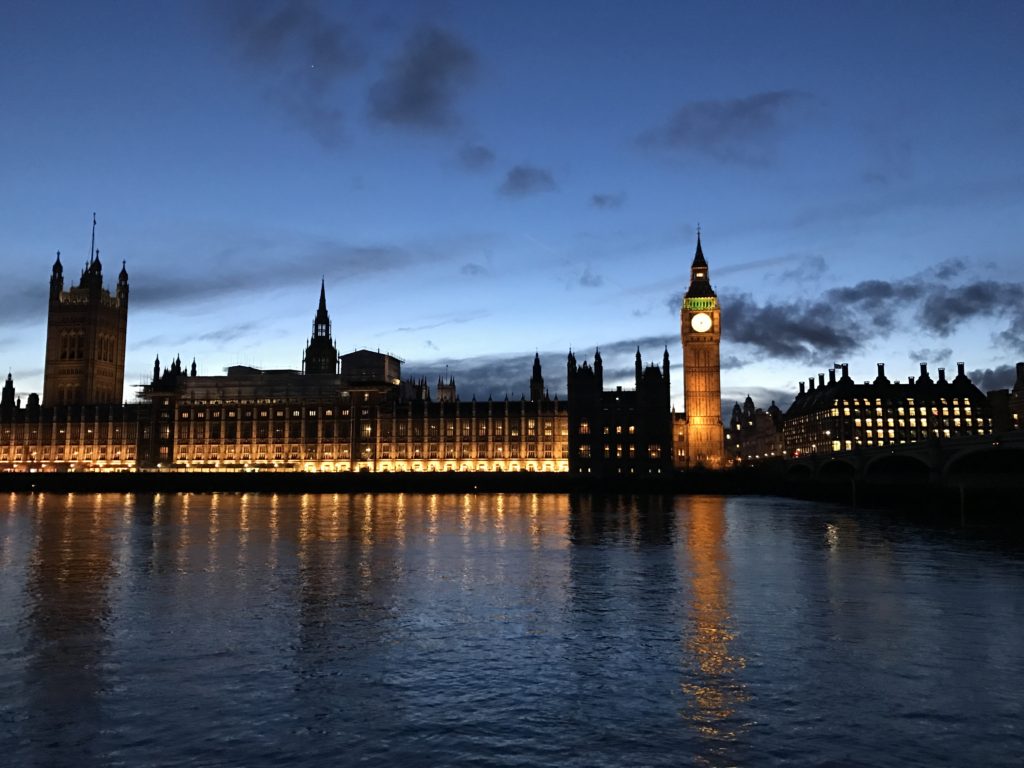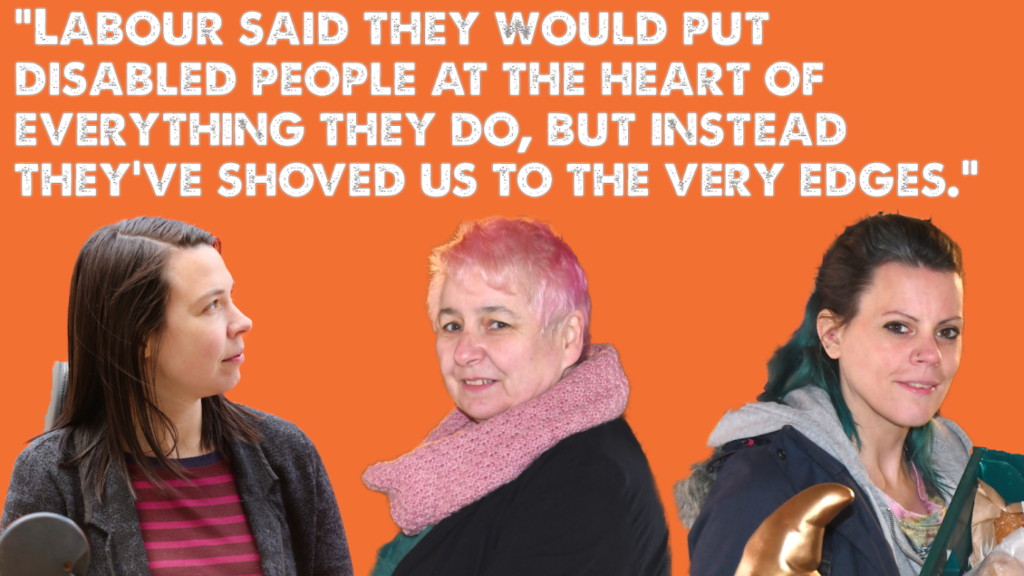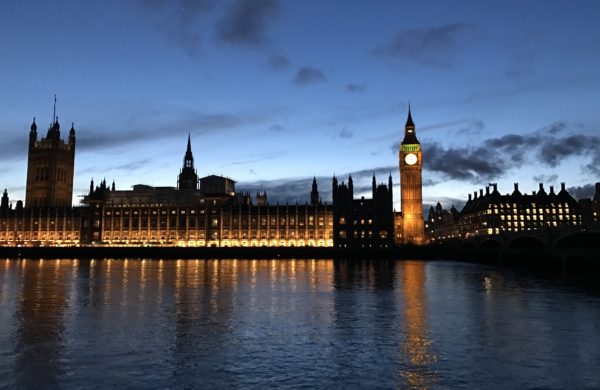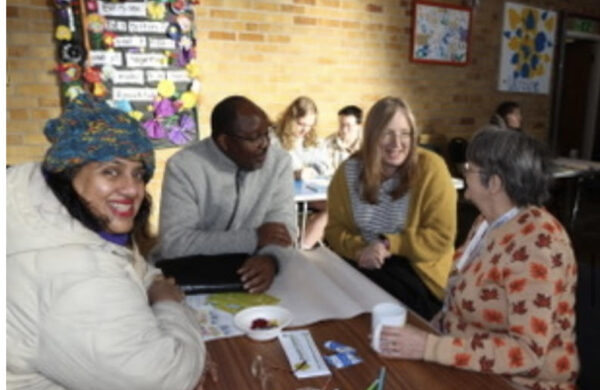During 2024, we carried out a survey and some in-depth conversations with some of our partners and supporters. Communications Manager Liam Purcell shares some of what we learned.

We know that, in order to end poverty in the UK, we need to be part of a really wide and powerful movement. To help us link people and groups together and support that movement, we need to listen and learn as much as we can from all the people we work with. So we’ve been finding out what we can from all kinds of people – from loyal supporters who’ve been involved for decades, to churches and donors who have only just got involved. We’d like to thank everyone who shared their thoughts with us.
One of the most important things we wanted to hear about was values – what drives people to get involved in tackling poverty and working for a better world? People spoke of:
Faith and Christian values, often with a specific reference to the example of Jesus.
Empathy, compassion and social justice.
Real anger and frustration about injustice and inequality.
A moral obligation to take action, often because they were aware of their own privileged position.
The importance of solidarity and collective action.
Often, we heard that people got involved because Church Action on Poverty’s values align closely with those of their church or project. We know that those shared values are the most powerful motivator to bring us together and challenge injustice.
In our conversations, we explored that idea in more depth – learning about where our work overlaps with other movements seeking peace and justice, and hearing about what makes people feel connected to those wider movements:
- Signing or sharing petitions.
- Meeting with other people in person.
- Being inspired by stories of what other people are doing.
- Praying with other people.
- Being part of online communities.
We also heard about people’s churches. We learned that many supporters hold leadership positions in churches, but only a small proportion of churches are actively engaged with Church Action on Poverty – there’s a big opportunity to for us to do more in partnership with local churches. We also found that most of our supporters are in ‘mainline’ traditional churches. Could we find ways to better serve other churches too, for example independent evangelical churches and Black majority churches?
Now we hope we can build on what we’ve learned and the shared values we’ve identified, to work even more effectively in partnership with all of our valued supporters and allies.


